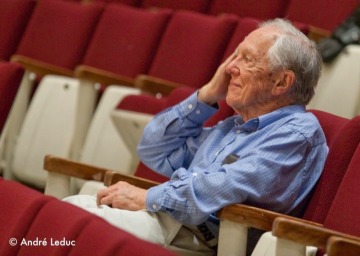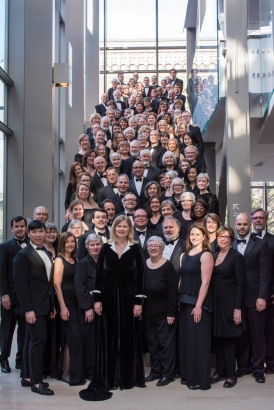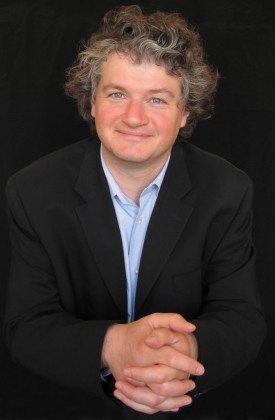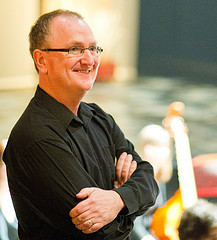
On a recent trip to Stratford, I noticed that Globe and Mail music critic Robert Harris is giving a talk next week at the fabulous Stratford Summer Music series entitled “Whither the CBC?”. Given that the SSM is a classical festival and Harris writes and speaks often on various topics to do with classical music, I assume that the talk will centre around the role that our national broadcaster plays in promoting and supporting the musical life of the country. I’m hopeful that Harris maintains a degree of optimism, but, to be honest, it’s difficult to know where to start in describing the colossal way in which the CBC has failed the classical music community in Canada. Those with institutional memories – including Harris and the current Senior Director of CBC Music Mark Steinmetz – will remember a time not so long ago when concerts were recorded in small towns and large centres across the country and broadcast on one of over a dozen programs hosted by knowledgeable broadcasters, supported by a team of producers. They will remember the Young Performer competition, the Young Composer competition and the CBC Choral competition all of which made significant and intelligent investments in encouraging talented young Canadians and giving them a platform to grow as young artists. They will remember CBC Records (or the SM5000 or SMCD series) which recorded, promoted and distributed performances by excellent performers and composers across the country, providing them with wider audiences and investing in their careers in a tangible way. They will remember live-to-air broadcasts of special musical events across the country, hosted by knowledgeable, articulate broadcasters and connecting the country to its many creative centres.
In short, there was a time – not so long ago – when CBC Radio played a central role in the development of serious musicians, giving them a platform, connecting them to an audience and enabling them to grow and deepen into mature artists.
There have been great recent initiatives, of course, that do benefit Canadian artists: streaming services of theme channels, This is My Music profiles of brilliant performers, Sunday afternoon concert recordings of a few Canadian ensembles.
But for the most part, the “support” that CBC Radio offers young, talented Canadian classical musicians is a shell of what it once was. And that is lamentable.
I am very proud of the young people that appear on the “30 hot Canadian classical musicians under 30” list that is compiled annually – and I suppose it’s an honour – but there doesn’t appear to be any value to that honour. Why doesn’t CBC Music profile each of these musicians in a detailed way, both on-line and on-air and record them in concert so the country can hear why they are “hot”? This would represent a meaningful investment in their careers. Otherwise, it amounts to an empty list worthy of People Magazine.
The argument against the kind of promotion I’m writing of is that it costs too much money and budgets have shrunk and there isn’t the organizational infrastructure anymore to support the kind of support CBC used to give to musicians. This sounds believable, but CBC Radio has always operated on a shoestring budget, a fraction of its television counterpart. Where there is a will, there’s a way: new agreements between the broadcaster and musical institutions and unions could have been negotiated (still could) and we could once again enjoy great Canadian performers in concert on the radio and know that our tax dollars are contributing to the encouragement and exposure of our cultural life.
This is not to diminish in any way the diversity of Canada’s musical life in the 21st century, nor to negate the fabulous and talented jazz, indigenous, hip hop, soul, pop and r&b musicians that are heard on shows like q, metro morning, shift and drive. This is “all good”, as they say.
However, at this very moment there are musicians of the calibre of Glenn Gould, Ben Heppner, Jane Coop, Andrew Dawes, Leopold Simoneau, James Campbell and Stewart Goodyear in studios and schools across the country, putting in their 10,000 hours and discovering the profound musical truths and possibilities, preparing to share them with listeners.
Why can’t our national broadcaster once again play a significant role in their development?
I’ll eagerly await Robert Harris’ answer.











